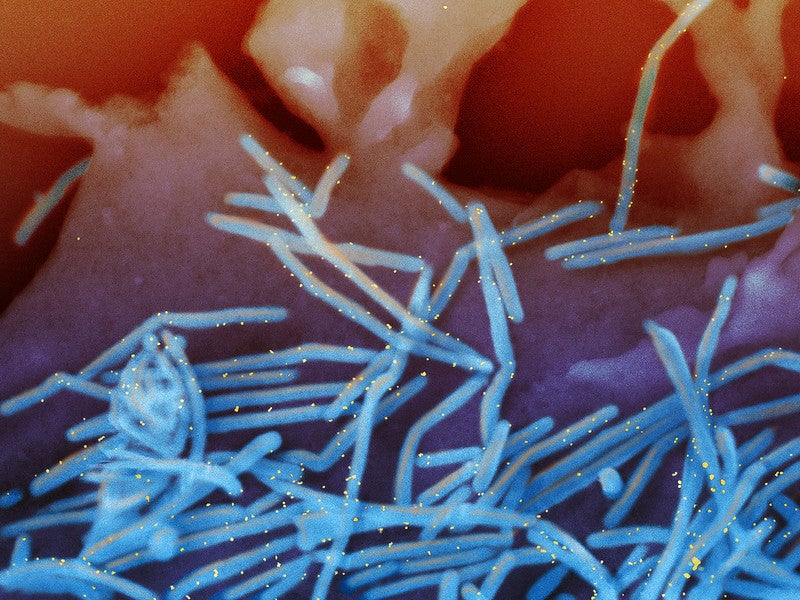
Sanofi has reported that nirsevimab led to a significant decrease in medically attended lower respiratory tract infections (LRTI) and hospitalisations due to respiratory syncytial virus (RSV) in healthy preterm infants in a Phase IIb clinical trial.
Data has been published in the New England Journal of Medicine.

Discover B2B Marketing That Performs
Combine business intelligence and editorial excellence to reach engaged professionals across 36 leading media platforms.
The drug is said to be the first single-dose monoclonal antibody able to significantly reduce medically attended RSV LRTI in infants through the complete RSV season.
Developed in alliance with AstraZeneca, nirsevimab is an extended half-life RSV monoclonal antibody (mAb) intended as a protective option against RSV.
The Phase IIb trial was performed by AstraZeneca at 164 sites in 23 countries. It involved 1,447 infants of 29–35 weeks’ gestation.
Results showed that the drug led to a statistically significant 70.1% decrease of medically attended RSV LRTI compared to placebo up to 150 days after dosing.

US Tariffs are shifting - will you react or anticipate?
Don’t let policy changes catch you off guard. Stay proactive with real-time data and expert analysis.
By GlobalDataIt also led to a 78.4% relative reduction in the incidence of hospitalisations related to RSV LRTI, versus placebo, up to 150 days after dosing.
The safety profile of the drug was found to be similar to that of placebo, without any significant hypersensitivity reactions.
Sanofi Pasteur Global Research and Development senior vice-president John Shiver said: “It’s encouraging to see from these data that serious complications from RSV can be reduced in healthy preterm infants.
“Up to 80% of babies who are hospitalised from RSV are otherwise healthy, with no prior complications, but currently these infants have no approved preventative option to protect them.”
In July last year, Sanofi and AstraZeneca launched Phase III and Phase II/III studies to evaluate the safety and efficacy of nirsevimab in preventing RSV LRTI in full-term, healthy late preterm, and high-risk babies.
These trials will be carried out at more than 350 sites across the world. Data from the trials are expected to be reported in 2023.
Earlier this month, Sanofi and Regeneron Pharmaceuticals reported that a Phase III trial of Kevzara failed to meet its primary and key secondary endpoints in Covid-19 patients who required mechanical ventilation in the US.





